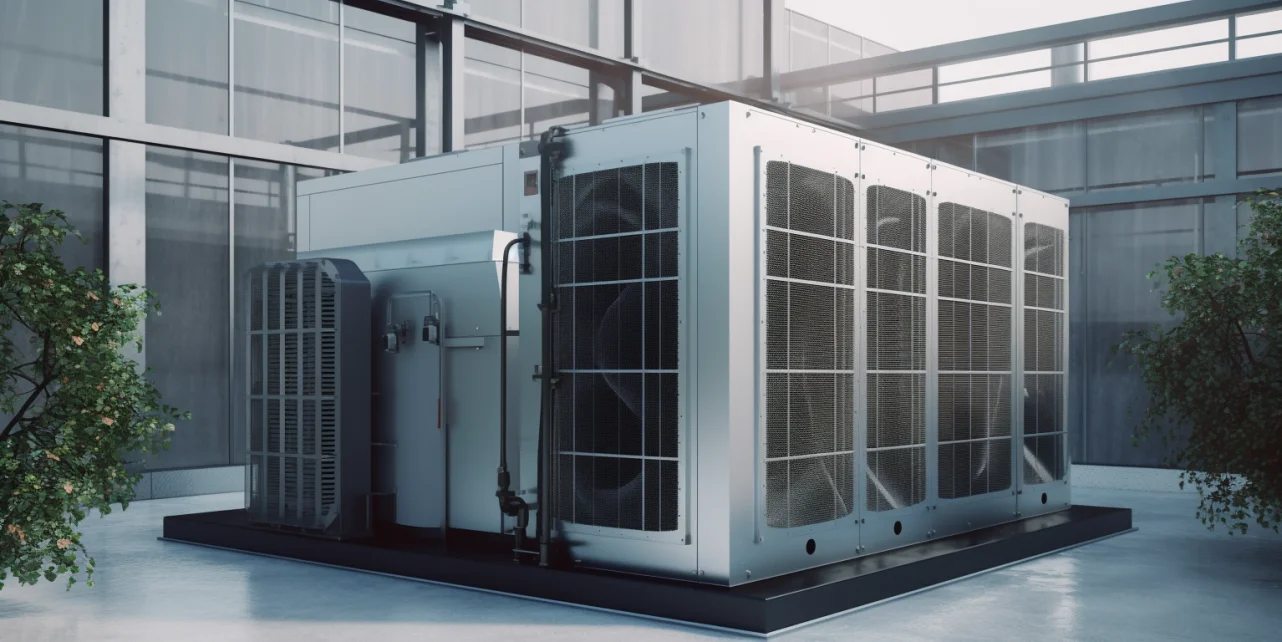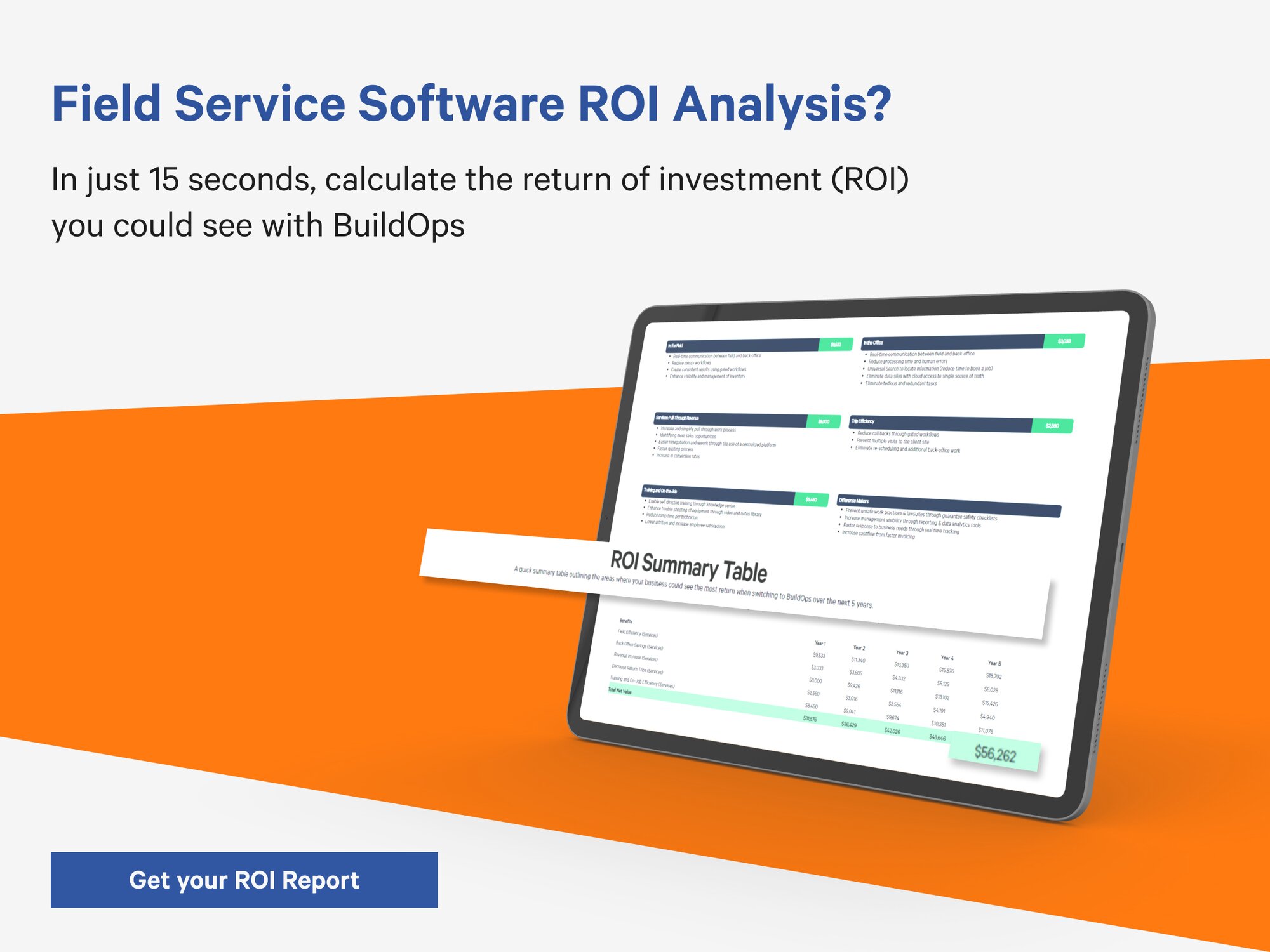When it comes to looking for the best type of heat pump for commercial HVAC systems, many factors need to be considered. This includes the size of the building, the climate of the location, and the energy efficiency of the heat pump. However, one type of heat pump that is gaining popularity and proving to be an effective solution is the geothermal heat pump.
Geothermal heat pumps use the constant temperature of the earth to transfer heat into or out of a building. This eliminates the need for traditional heating and cooling systems that rely on fossil fuels or electricity. Geothermal heat pumps are considered highly efficient as they can reduce energy consumption by up to 50% compared to traditional systems.
One of the main benefits of a geothermal heat pump is its versatility. It can provide both heating and cooling, making it a year-round solution for commercial buildings. It also has a longer lifespan compared to traditional systems, with an average of 25 years, reducing maintenance and replacement costs.
They produce no greenhouse gas emissions and use a renewable energy source, making them a sustainable choice for businesses looking to reduce their carbon footprint.
In conclusion, for commercial HVAC systems, geothermal heat pumps are the best type of heat pump. They are highly efficient, environmentally friendly, versatile, and can provide long-term cost savings. By choosing a geothermal heat pump, businesses can not only save money but also reduce their impact on the environment.
Benefits of Geothermal Heat Pumps for Commercial Buildings
Geothermal heat pumps are becoming a popular choice for commercial buildings due to their many benefits. These systems harness the constant temperature of the earth to provide efficient heating and cooling, making them a more sustainable and cost-effective option for businesses. Here are some of the main benefits of geothermal heat pumps for commercial buildings:
1. Energy Efficiency: Geothermal heat pumps are highly efficient and can reduce energy consumption by up to 50% compared to traditional heating and cooling systems. This can greatly benefit commercial buildings, which often use a large amount of energy.
2. Versatility: Geothermal heat pumps can provide both heating and cooling, making them a year-round solution for businesses. This eliminates the need for separate systems and can save space and maintenance costs.
3. Environmental Impact: Geothermal heat pumps are considered one of the most environmentally friendly heating and cooling options.
4. Long Lifespan: Geothermal heat pumps have a longer lifespan compared to traditional systems, with an average of 25 years. This reduces maintenance and replacement costs for businesses in the long run.
5. Cost Savings: While the initial installation cost of a geothermal heat pump may be higher, the long-term savings on energy costs make it a worthwhile investment. Additionally, governments often offer incentives and tax credits for businesses that use geothermal heat pumps, making it a cost-effective choice.
Comparing Energy Efficiency: Geothermal vs. Traditional Heat Pumps
When it comes to looking at energy efficiency, geothermal and traditional heat pumps are two popular options for commercial buildings. However, there are significant differences in their efficiency and overall costs. Let’s compare the energy efficiency of these two types of heat pumps.
Geothermal heat pumps use the constant temperature of the earth to transfer heat, making them highly efficient. They can reduce energy consumption by up to 50%, leading to significant savings on energy costs for businesses. On the other hand, traditional heat pumps rely on fossil fuels or electricity, which can result in higher energy consumption and costs.
In terms of maintenance, geothermal heat pumps tend to have a longer lifespan of up to 25 years, while traditional heat pumps typically last up to 15 years. This longer lifespan reduces maintenance and replacement costs for businesses using geothermal heat pumps.
When it comes to environmental impact, geothermal heat pumps are considered the better choice. They produce no greenhouse gas emissions and use a renewable energy source, making them a more sustainable option. In comparison, traditional heat pumps emit greenhouse gases and contribute to carbon emissions.
The initial cost of installing a geothermal heat pump may be higher compared to traditional heat pumps. However, the long-term energy savings and lower maintenance costs make it a more cost-effective option. Additionally, many governments offer incentives and tax credits for businesses that use geothermal heat pumps, making it a more attractive choice.
Environmental Impact of Geothermal Heat Pumps
Geothermal heat pumps are a highly sustainable heating and cooling option for commercial buildings, with minimal environmental impact. Traditional heating and cooling systems rely on fossil fuels or electricity, which contribute to greenhouse gas emissions and climate change. However, geothermal heat pumps use the constant temperature of the earth to transfer heat, making them a renewable and eco-friendly option.
One major environmental benefit of geothermal heat pumps is their ability to reduce carbon emissions.
In addition to reducing carbon emissions, geothermal heat pumps also have a lower impact on the land. In contrast, geothermal heat pumps require minimal outdoor space, with the majority of the system located underground.
Moreover, geothermal heat pumps do not release any air or noise pollution, making them a non-intrusive option for commercial buildings.
Another environmental benefit of geothermal heat pumps is their ability to conserve water. Traditional cooling systems use large amounts of water for cooling, which can contribute to water scarcity and pollution. Geothermal heat pumps, on the other hand, do not require any water for cooling, making them a more sustainable choice.
Measuring the Efficiency of Heat Pumps
Measuring the efficiency of heat pumps is essential for ensuring their optimal performance and energy savings. The efficiency of a heat pump is typically measured by its coefficient of performance (COP) and energy efficiency ratio (EER).
The COP measures how much heat is produced for every unit of energy consumed, while the EER measures the cooling output compared to the energy consumed. The higher the COP and EER, the more efficient the heat pump is.
There are also other factors that can affect the efficiency of a heat pump, such as the size and insulation of the building, the climate, and the quality of installation and maintenance. It is essential to consider these factors when measuring the efficiency of a heat pump and to ensure that the system is properly sized and maintained for optimal performance.
Regular maintenance and tune-ups can also help improve the efficiency of a heat pump. This includes cleaning or replacing filters, checking refrigerant levels, and inspecting and cleaning coils. Proper maintenance can ensure that the heat pump is operating at peak efficiency, resulting in energy savings and lower operation costs.
In addition to COP and EER, some industry standards and rating systems also measure the performance and efficiency of heat pumps. For example, the Energy Star rating system evaluates the energy efficiency of appliances, including heat pumps, and gives them a rating from 1 to 5 stars.
Government Incentives and Tax Credits for Businesses Using Geothermal Heat Pumps
Many governments around the world offer incentives and tax credits for businesses that use geothermal heat pumps. These incentives aim to promote the adoption of more sustainable and energy-efficient heating and cooling options for commercial buildings.
In the United States, the federal government offers a 10% investment tax credit for commercial buildings that install geothermal heat pumps. This credit can help offset the initial cost of installation and make geothermal heat pumps a more affordable option for businesses.
Some states also offer additional incentives and rebates for businesses using geothermal heat pumps. For example, New York offers a tax credit for 25% of the installation costs, up to $5 million, for commercial geothermal heat pump systems. In Colorado, businesses can receive a 10% tax credit for geothermal heat pump installations, up to $500,000.
Key Takeaways
– Geothermal heat pumps are the best type of heat pump for commercial HVAC systems due to their efficiency, versatility, and eco-friendliness.
– They can provide both heating and cooling, have a longer lifespan, and can significantly reduce energy consumption and costs.
– Geothermal heat pumps have a lower environmental impact, producing no greenhouse gas emissions and using a renewable energy source.
– The initial cost may be higher, but long-term savings and government incentives make them a cost-effective choice.
– Measuring the efficiency of a heat pump is important for optimal performance. These can be affected by factors such as building size, climate, and maintenance.
– Governments offer incentives and tax credits for businesses using geothermal heat pumps. It promotes the adoption of more sustainable heating and cooling options.







